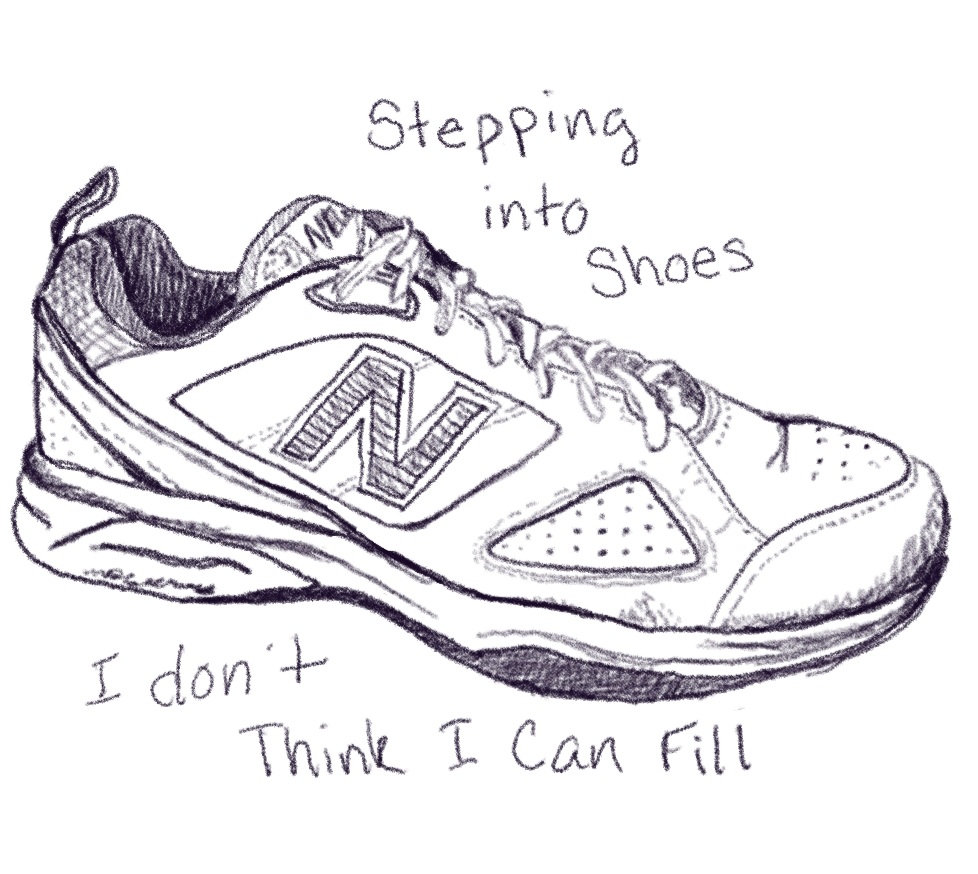By Amanda Flinn
When Tina Moore of Sikeston, Mo., was attending nursing school, she had no idea how useful her skills would be in caring for her aging mother, Alice Smith, and her mother-in-law, Alma Moore.
While the women entered her home at different times — Smith for the last two and a half years of her life and Alma for 26 years — they both moved in with medical conditions and were eventually diagnosed with dementia. Tina, a wife and mother of three children, continued to work outside of the home as a nurse practitioner while simultaneously caring for her mothers and living by the golden rule: Treat others how you want to be treated.
“It’s important to let them do as much as they can for as long as they can,” Tina says, regarding the care of her aging mothers. “When Alma moved in, she helped with the kids, laundry and housekeeping. It was important for her to know she was helping out, and she was glad to be a part of something. [Later], as she was unable to do a task, we would adjust.”
Over the years, Tina noticed her mother-in-law couldn’t walk as far, tired out on shopping trips, and struggled going to and from church. Staying home by herself was a challenge, because Alma would forget to make herself food. The family hired help, and noting the need for medical equipment, started using a bedside toilet and hospital bed. At one point, both Alice and Alma were in wheelchairs and shared a room with a divider for privacy. Alma went on and off hospice three times.
For those in the sandwich generation who are caring for their own children as well as their aging parents, Tina’s story is not uncommon. And while it’s true this season of life can be busy, stressful and full of unknowns, when communication remains open and change is embraced, it can also be beautiful.
According to Denise Essner, LCSW and psychotherapist in Cape Girardeau, the journey of caregiving for an aging parent “is often a marathon rather than a sprint.”
“The more we lean into the challenge and embrace it, the more we are able to approach it from a mindset that it is doable, rather than resist it,” Essner says. “When we acknowledge and accept the discomfort that is there, that alone helps ease the discomfort.”
Asking for help and getting support is also important. This may look like extra hands to help with doctor appointments or caregiving responsibilities. Sometimes, it’s taking time away from the home to engage in self-care: coffee with a friend, a date night with a spouse or a walk around the neighborhood. And for many caregivers who find themselves stretched thin, Essner wants them to know “emotional well-being is mentally tied to physical well-being. It’s not selfish [to take care of yourself]. You can’t help a parent if you’re not OK.”
For many, it’s tough to think about parents getting older, so people rarely have a plan in place before it’s needed. Family dynamics and generational belief systems play a role in decision-making. Aging parents often want to protect their children. Adult kids want to do what is best for their parents. Sometimes, plans align. Sometimes, they don’t. That’s why it’s important to get the conversation started early and be willing to adapt the plans as needed.
Ultimately, “It’s the parent’s journey, not the family member’s journey,” says Melissa L. Hale, MSW, LCSW, manager at Saint Francis Hospice. “While alert and oriented, it’s important to get advanced directives in place, so we can follow [the parent’s] wishes when they can’t speak for themselves.”
Hospice may not be necessary in every situation, but for those who need it, the 24/7 care and support can be a true blessing. It was for Tina. But there’s often a misconception that end-of-life-care is all about medications and morphine.
As Hale points out, “It’s not just medical care; it’s holistic. We are always promoting quality of life. We want to know what their goals are — cruises, family vacations, therapy — we over-prepare. It’s proactive, not reactive.”
Tina fondly remembers the time she was able to spend with her mother and mother-in-law in their final years. Alma used to be in a quartet, so she loved to sing and was skilled at playing the piano. As the dementia progressed and her skill diminished, she would sit at the piano and bang on the keys. Eventually that stopped, too, but she would still sing old hymns. The family would pull out the guitars to get her to sing along, an important reminder of who she was.
Through this caregiving experience, Tina’s family learned how to nurture and respect the elderly. Because of this, as Tina ages, she isn’t worried about who will care for her.
“You start out in diapers, you end up in diapers,” Tina says. “You’re taken care of in the beginning and in the end. But in between, you take care of others.”


